Google's autonomous cars soon to be tested on public roads
The search giant's driverless cars could drastically reduce accidents, says project chief
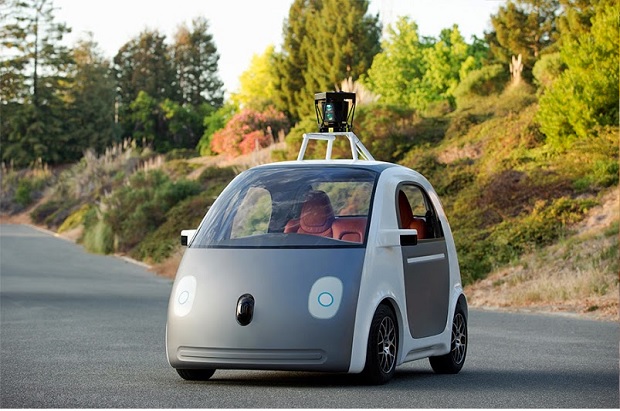
Google's purpose-built driverless cars will be tested on public roads surrounding the search giant's US headquarters this summer.
This is the first time the vehicles have been tested on public roads, with them previously designed to test tracks without contact with traffic.
A select few prototypes will be tested on ordinary roads with the assistance of Google's safety drivers, as per the company's announcement.
In a video posted on Google's blog, systems engineer for the project, Jaime Waydo, said: "Every moment has been building towards putting these cars on the roads where we can start learning even more from them.
"Getting these cars out in to the public and allowing people to react to them, allowing us to see them out there, that's a huge deal and most importantly it's a necessary step to getting them to drive themselves," project head Chris Urmson added.
The vehicles have already been through extensive reliability and durability testing before reaching this point, with nearly a million autonomous miles logged since Google started the project. In terms of safety, each of the cars' speed will be capped at 25mph.
Business correspondent Thea Leggett told the BBC: "The company has shown that autonomous cars can run reliably on well-mapped and predictable routes, but they are a long way from being able to cope with the unprogrammed chaos of a city centre at rush hour.
Get the ITPro daily newsletter
Sign up today and you will receive a free copy of our Future Focus 2025 report - the leading guidance on AI, cybersecurity and other IT challenges as per 700+ senior executives
"So the transition to driverless technology is likely to be a gradual process, with the role of the human at the wheel becoming less important over time."
Recently, it was revealed that a fleet of 20 self-driving Google cars have been involved in 11 accidents, though the company was quick to attribute them to human error, pointing out that, with an average of 10,000 miles driven every week, the ratio of accidents to miles is not that high.
Urmson said that one of the advantages offered by self-driving car technology is reducing accidents.
"Vehicles that can take anyone from A to B at the push of a button could transform mobility for millions of people, whether by reducing the 94 per cent of accidents caused by human error, reclaiming the billions of hours wasted in traffic, or bringing everyday destinations and new opportunities within reach of those who might otherwise be excluded by their inability to drive a car," he said.
He added: "We're looking forward to learning how the community perceives and interacts with the vehicles, and to uncovering challenges that are unique to a fully self-driving vehicle - e.g., where it should stop if it can't stop at its exact destination due to construction or congestion.
"In the coming years, we'd like to run small pilot programmes with our prototypes to learn what people would like to do with vehicles like this."
Caroline has been writing about technology for more than a decade, switching between consumer smart home news and reviews and in-depth B2B industry coverage. In addition to her work for IT Pro and Cloud Pro, she has contributed to a number of titles including Expert Reviews, TechRadar, The Week and many more. She is currently the smart home editor across Future Publishing's homes titles.
You can get in touch with Caroline via email at caroline.preece@futurenet.com.
-
 Why cutting-edge innovation is killing the planet
Why cutting-edge innovation is killing the planetIn-depth AI and robots will do our work, we’ll get paid in cryptocurrency, and cars will drive themselves – but each of these technologies is a massive energy hog
By Nicole Kobie
-
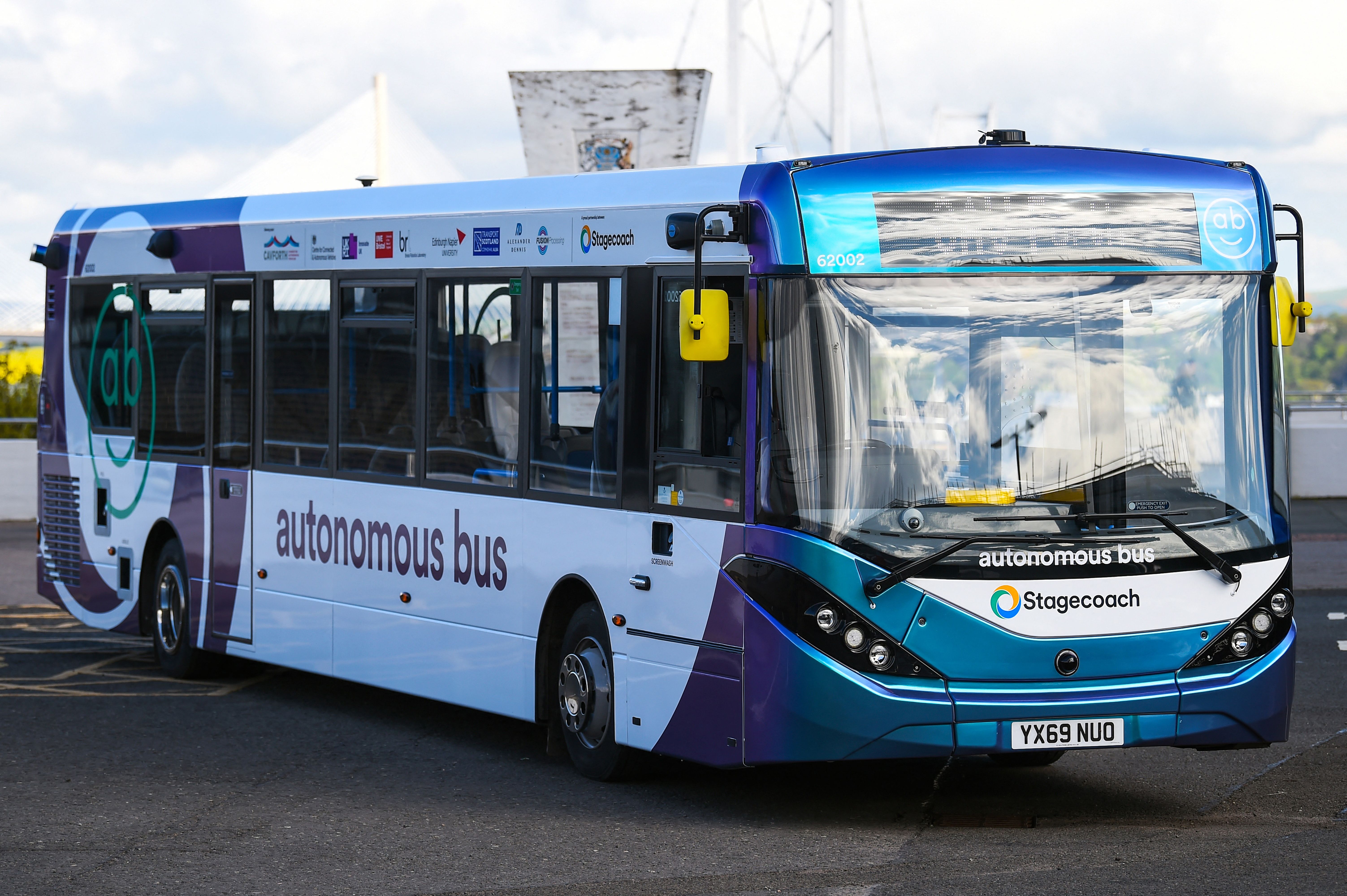 Meet the CAVForth project: The world's first autonomous bus
Meet the CAVForth project: The world's first autonomous busCase Study Edinburgh's AB1 route, in Scotland, lets the public catch a ride on an self-driving bus over the Forth Road Bridge. But is this really the future of public transit?
By Nicole Kobie
-
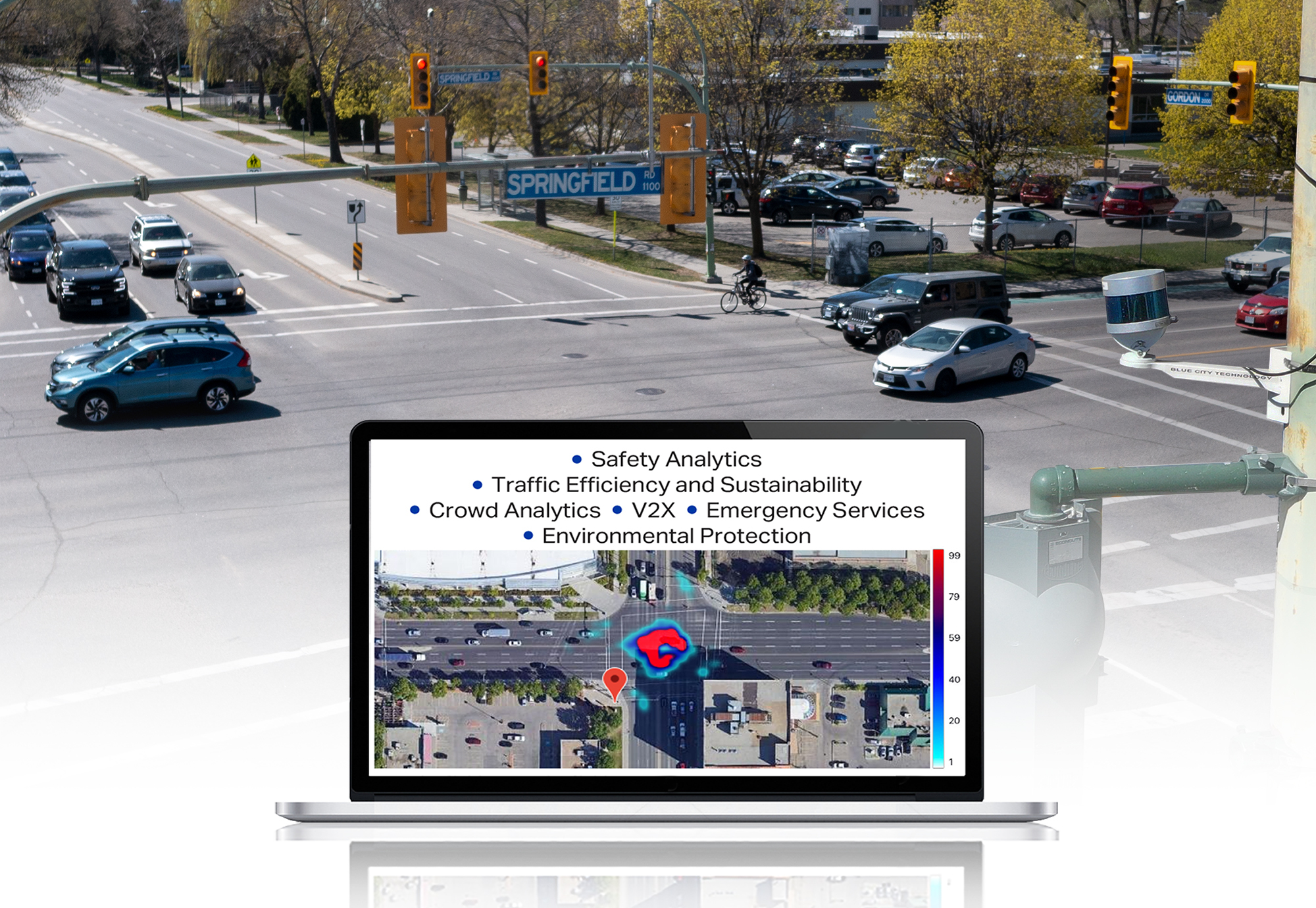 UC Irvine selects Velodyne Lidar’s traffic-monitoring solution
UC Irvine selects Velodyne Lidar’s traffic-monitoring solutionNews HIMaC² will leverage Velodyne’s Intelligent Infrastructure Solution to improve road traffic safety and efficiency
By Praharsha Anand
-
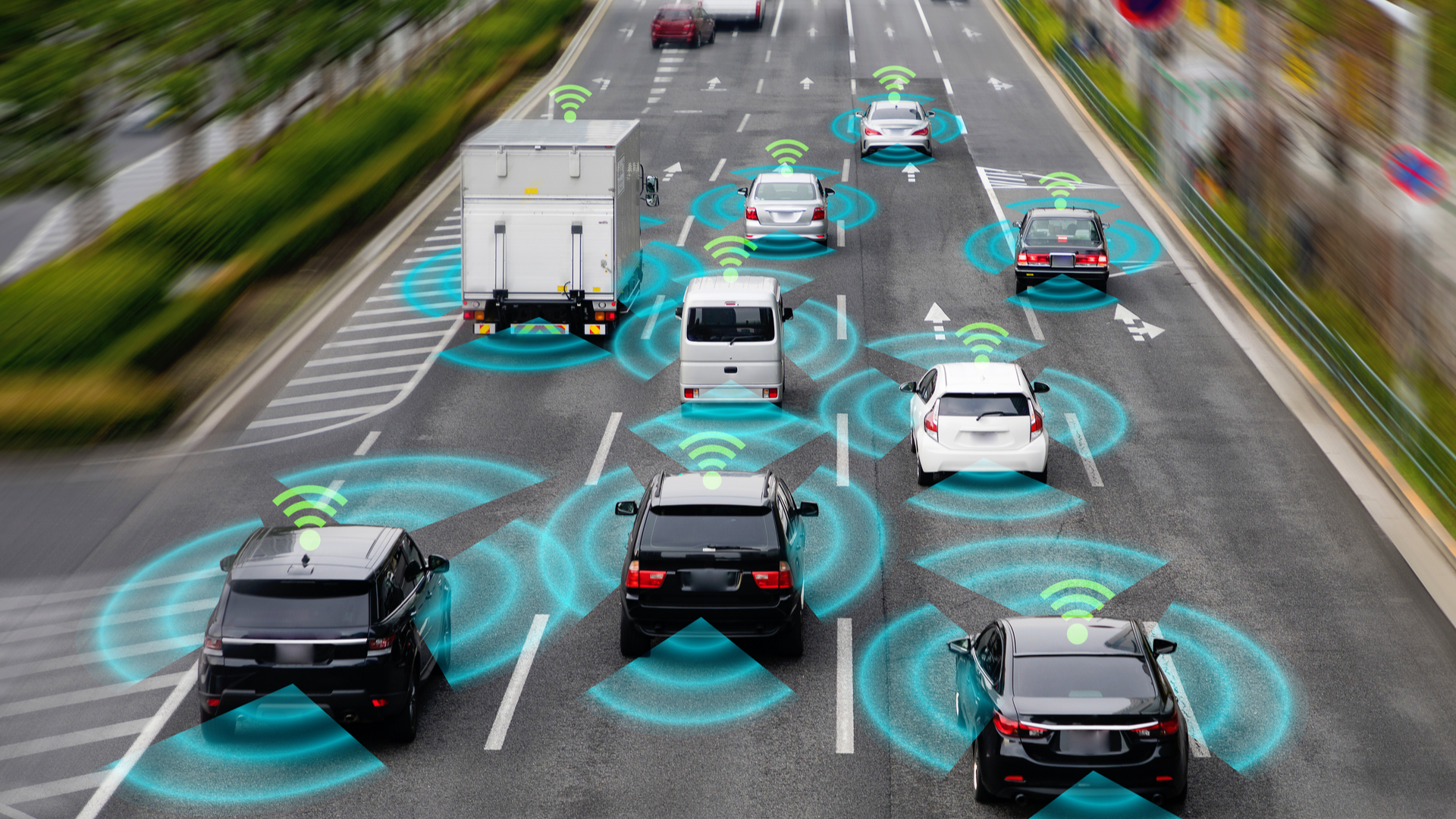 Sonatus secures $35 billion to spur software-defined vehicles
Sonatus secures $35 billion to spur software-defined vehiclesNews The funding will be used to turn cars into data centers on wheels
By IT Pro
-
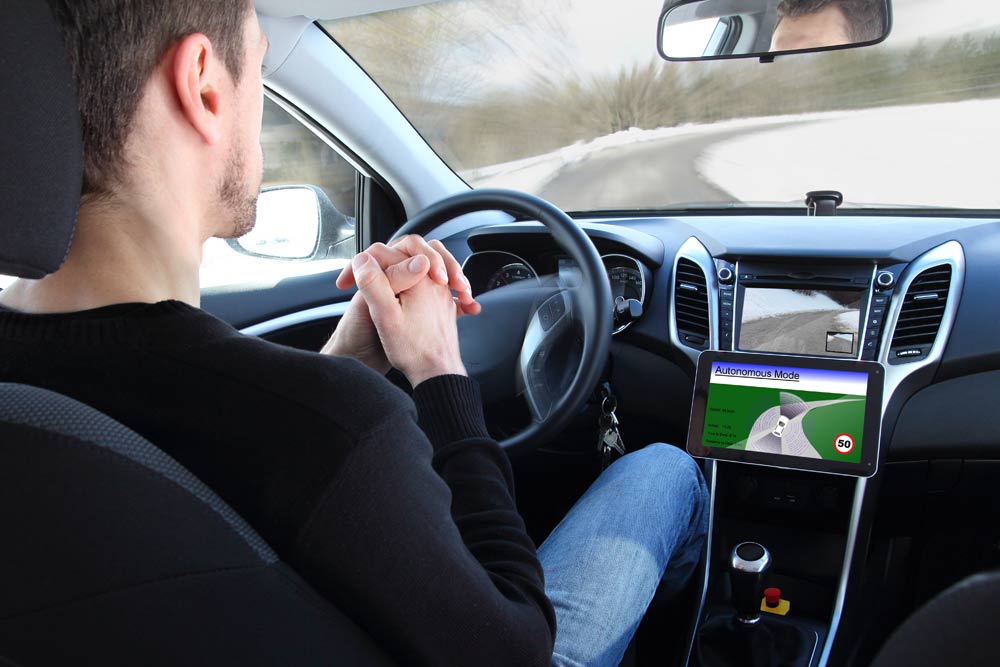 Oculii raises $55 million for its AI-powered radar software
Oculii raises $55 million for its AI-powered radar softwareNews The VAI platform by Oculii improves the angular resolution of any radar by up to 100 times
By Praharsha Anand
-
 UK gov to allow self-driving cars on motorways this year
UK gov to allow self-driving cars on motorways this yearNews Automated Lane Keeping Systems to be legally defined as 'self-driving' as a cautious first step to allowing fully autonomous cars on UK roads
By Bobby Hellard
-
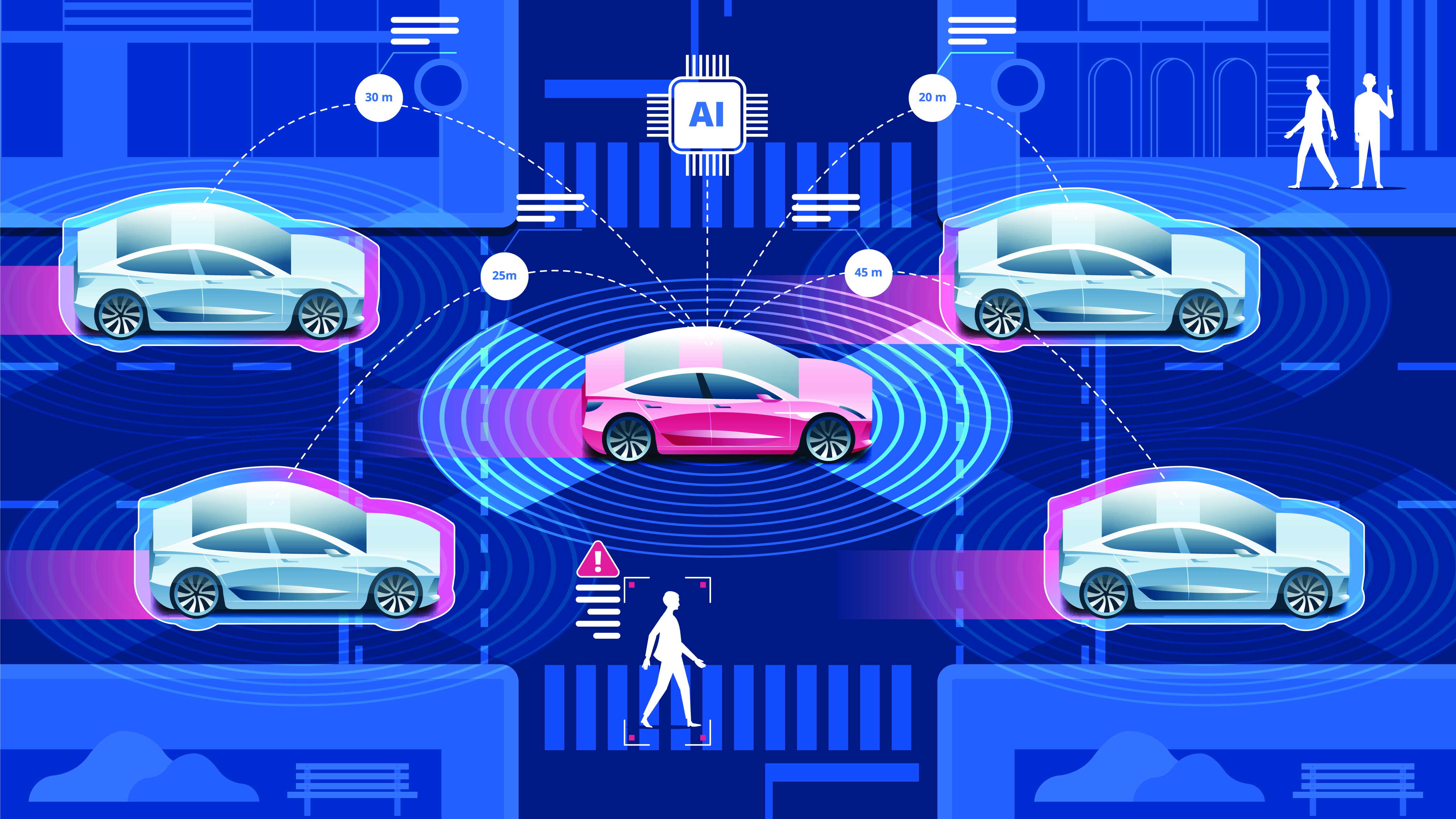 ZF augments vehicle intelligence with next-gen AI supercomputer
ZF augments vehicle intelligence with next-gen AI supercomputerNews New ZF ProAI packs a punch with up to 66% more computing power than its predecessor
By Praharsha Anand
-
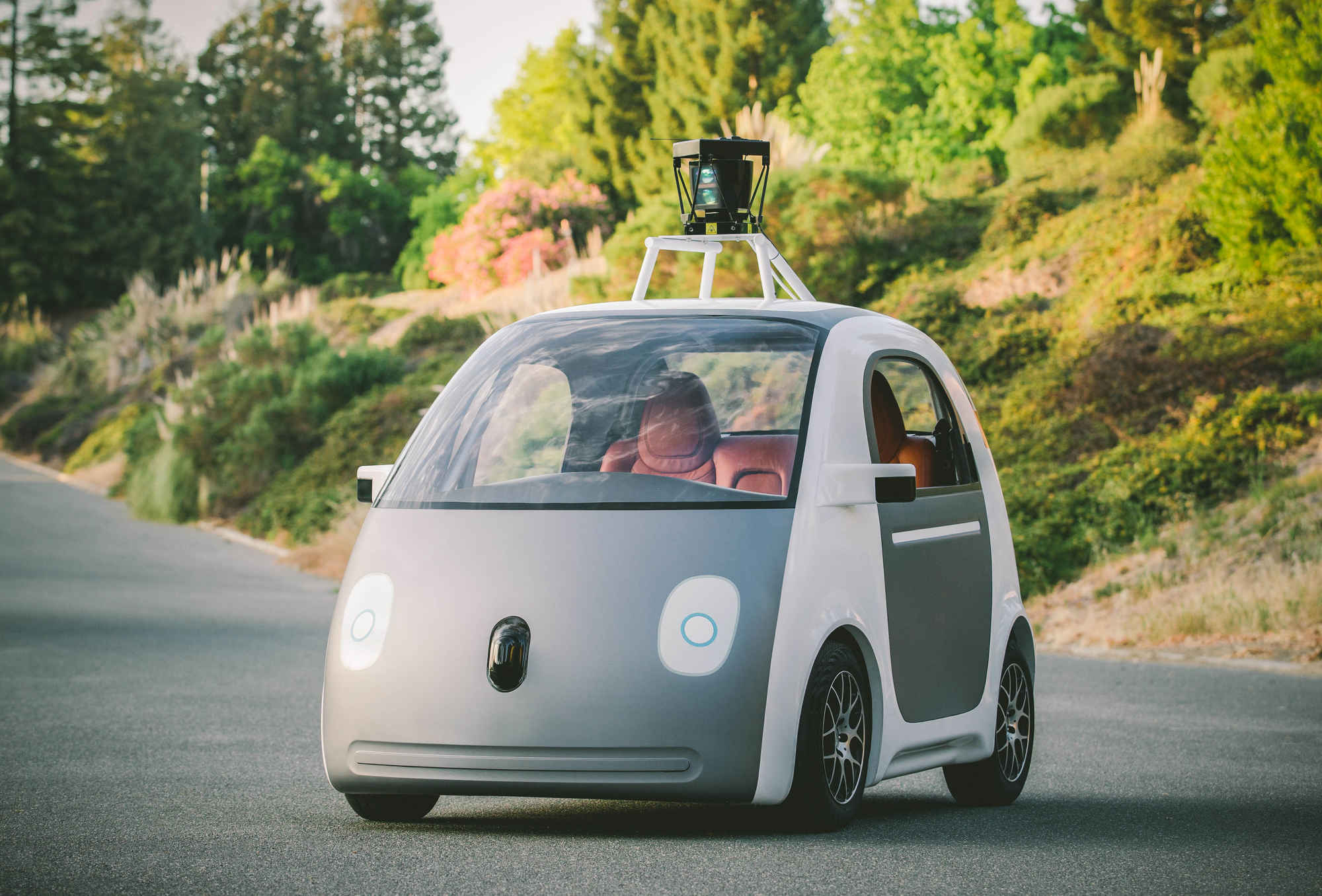 Why driverless cars don't belong on public roads (yet)
Why driverless cars don't belong on public roads (yet)Opinion Autonomous vehicles still can't account for human error
By Jane McCallion



